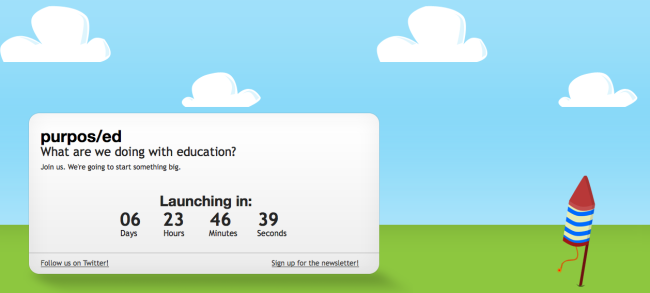Why I spent my twenties unlearning my teenage years.
In 2008 I removed myself from Facebook. It’s only this month that I’ve re-activated my account. I’m connected to over 4,000 people on Twitter, but only 7 on Facebook; I ignore connection requests on the latter. For me, Twitter is a forwards-focused social network, whereas Facebook is backwards-leaning.
In fact, the difference between the two was put even more pithily than that (on Twitter, of course) as:
Facebook is for people the people you went to school with; Twitter is for the people you wish you went to school with.
In 2009 I returned back to the North-East with my nascent family after a 6-year self-imposed exile in Doncaster. Like many ex-pats (especially Scots for some reason?) whilst I was living down there I remembered the place I grew up through some kind of mental rose-tinted glasses. The dissonance hit me hard when I came back – as I explained last year in You’re doing it wrong.
Upon my return I saw the area for what it is: broken. The story of my teenage years isn’t a particularly uncommon one: able boy gets bored at school, doesn’t achieve his grade potential, yada yada yada… It was only when I began to study Philosophy at university that I learned that it was OK to be interested in the way the world worked, alright to have an opinion based on values and beliefs, and fine to be seen reading books.
Regret is a wasted emotion, but I feel something close to that having been brought up in the area I was. It’s an uneven playing field, for sure. I feel this emotion especially for those who haven’t managed to escape an area and a mindset that is, to put it quite bluntly, a cycle of despair now several generations deep.
The biggest thing I had to unlearn from my teenage years? A (disguised) lack of self-worth that so often manifests itself in the arrogant, and sometimes aggressive, behaviour of young men. Any time you see someone ceaselessly bigging themselves up it’s likely that this is the underlying problem. Some people attempt (and succeed) in escaping this through religion, some through work, some through sport and some through transformative relationships. I suppose that, whilst it’s an ongoing journey, I’ve achieved some of that self-worth through all of these at some point. Others, it’s sad to say, haven’t.
The above is one of the reasons I’m joining with others to form Purpos/ed. Whilst I’ll do everything I can to make my children confident and full of self-worth, they will spend a significant part of their formative years in a formal educational environment that could be as damaging to their character as my schooling (almost) was to mine.
Let’s start building the capacity to change that.


